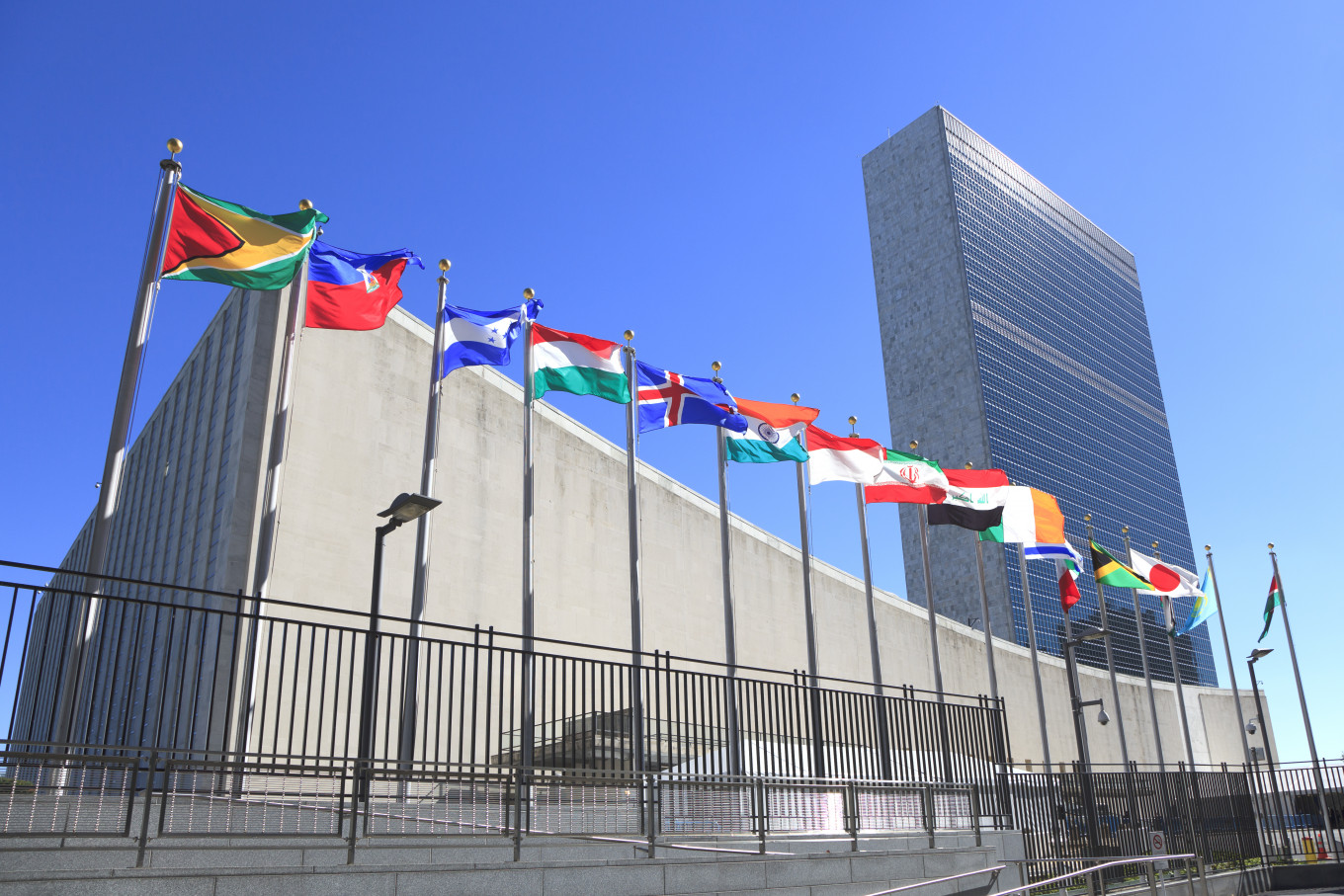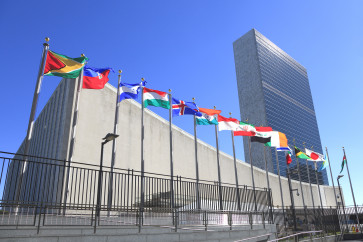Popular Reads
Top Results
Can't find what you're looking for?
View all search resultsPopular Reads
Top Results
Can't find what you're looking for?
View all search resultsThe new UN debt initiative is different
As their debt burdens and debt-service costs soar, many developing countries are being forced to divert resources away from education, health care and climate mitigation.
Change text size
Gift Premium Articles
to Anyone
E
conomic development requires financing that is affordable, accessible and has maturities matched to development outcomes. Yet, for most developing countries, none of the above apply. Instead, an escalating “debt disaster” is unfolding across much of the developing world, exacerbated by a series of cascading global crises.
The urgency of the current crisis cannot be overstated. Over half of the 68 countries eligible for the International Monetary Fund’s Poverty Reduction and Growth Trust (PRGT) are now facing debt distress, which is more than double the number in 2015.
But even this figure fails to capture the scale of the problem, as many countries outside the PRGT framework are also grappling with crippling debt burdens and liquidity challenges.
Between 2017 and 2023, developing countries’ average debt-service costs surged by nearly 12 percent per year, more than double the growth rate of their exports and remittance earnings. Consequently, external debt sustainability deteriorated in two-thirds of developing countries over this period, including in 37 of 45 African countries with available data.
Despite their unsustainable debt burdens, many countries are reluctant to default, owing to inefficient debt-resolution mechanisms and prohibitively high political and economic costs.
As a result, indebted countries prioritize their creditor obligations over their own development, as ballooning debt-service payments crowd out vital investments in infrastructure and human capital, stifling growth and delaying climate action. Today, 3.3 billion people live in countries that spend more on debt servicing than health care and education, the vast majority of them in middle-income economies.
If left unaddressed, current liquidity constraints could quickly morph into a full-blown solvency crisis. Urgent intervention is therefore needed to avert a wave of defaults and put indebted countries on the path to economic independence.



















